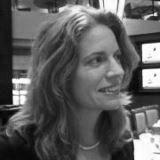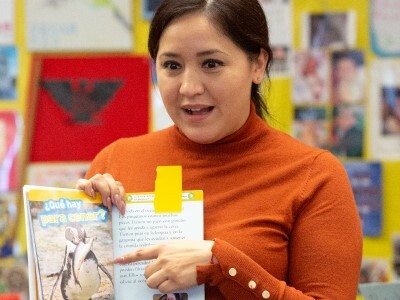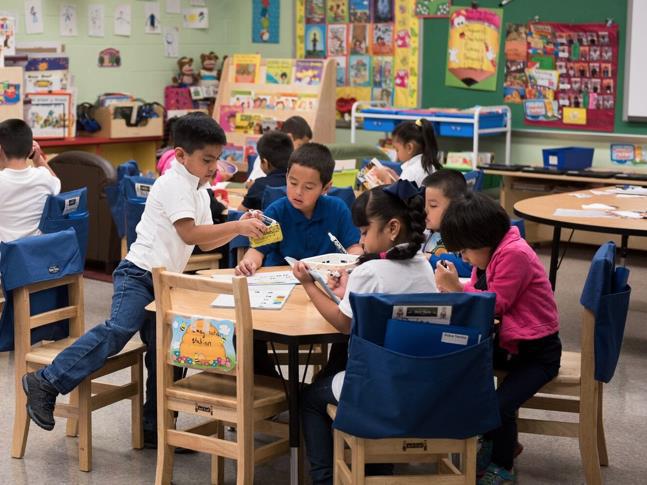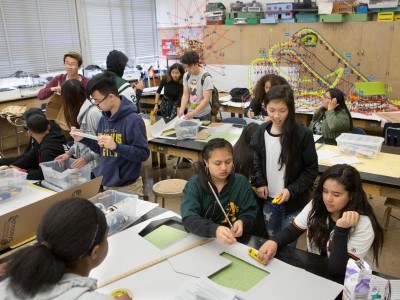Insourcing vs. Outsourcing
Topics

When educators design and create new schools, and live next gen learning themselves, they take the lead in growing next gen learning across the nation. Other educators don’t simply follow and adopt; next gen learning depends on personal and community agency—the will to own the change, fueled by the desire to learn from and with others. Networks and policy play important roles in enabling grassroots approaches to change.
Regional investment in building teaching talent is—and will continue to be—central to the success of next gen learning schools.
Part 4 of 4 of a series of blog posts about the 2014 Regional Funds for Breakthrough Schools.
In part 3 of this series, I introduced a decision point the regional funds partners are beginning to address: the tradeoffs inherent in growing school models locally or recruiting from nationally-branded versions. While some outside teaching talent can be recruited, the vast majority will be locally sourced. In this final post, I explore the choice for capacity building, and the recognition that regional investment in building teaching talent is—and will continue to be—central to their success.
There’s little debate that one of the most important influences on student learning, persistence, and success is the quality of the teacher. While that factor remains constant, everything that influences teachers and teaching—new technologies, brain research, today’s college and career expectations for graduates—seems to be changing.
In this new environment of personalized learning enabled by technology and designed to encourage student ownership of the process, teachers are required to constantly be learning themselves.
Today’s teachers must determine:
- how to play new roles beyond that of content or subject matter expert,
- how to use time to differentiate and customize learning for students,
- and how to develop expertise with instructional technologies.
This knowledge and set of skills is at the center of teachers’ ability to lead design work or rethink learning in their classrooms and schools.
Where do teachers gain these skills? That’s the question the regional partners are also asking.
And because the answer seems to be: “In lots of places, and yet, not enough of them,” each regional partner has decided to play a role in supporting greater awareness and skill development in personalized learning. For example:
- For the past two years, D.C.’s CityBridge Foundation has offered a fellowship program in blended learning. Teachers are competitively selected to receive funding to support a classroom-based pilot, and engage in deep understanding through case studies and site visits to models such as Summit, Aspire, and iSchool.
- LEAP Innovations and The Chicago Public Education Fund offer a Summer Design Program to select school teams with a special emphasis on design thinking. This year, these partners also hosted a series of one-day sessions on personalized learning for the Chicago Public Schools.
With little exception, regional partners are in-sourcing teacher design and instructional talent and outsourcing the expertise needed to support the development of local talent.
Regional Partners in Oakland, Colorado and New England have each offered similar opportunities to build local teacher capacity and to better position school teams to “pitch” high quality new designs in the upcoming local competition for the breakthrough school funds.
These partners recognize there isn’t a ready supply of teachers outside the local ecosystem possessing the needed skills. Partners are making investments to build local capacity and to fill gaps in the offerings of higher education, districts, charters and professional networks. At the same time, some partners are choosing to outsource the expertise to support local teams For example:
- Colorado, D.C. and Chicago rely heavily on a virtual platform provided by 2Revolutions to connect teachers to each other, as well as the many resources and experts that exist via the platform to support the work.
- Oakland will work with Mastery Design Collaborative to expand the work begun last year with a blended learning community of practice.
- New England provides local expert coaches who work with school teams and also employs a guiding framework drawn from global best practices.
- New Orleans and D.C. have reached out to local entrepreneurial resource centers (e.g., 1776 and 4.0 Schools) to offer additional design expertise, start-up strategies, and to foster the culture of iteration.
The experience of the regional partners thus far demonstrates there’s no single best way to engage in incubation and design work. Local context and assets matter; however, in the next few years this work will require investments in new ways of thinking (design thinking) and the ongoing development of new knowledge and skills for teachers.




